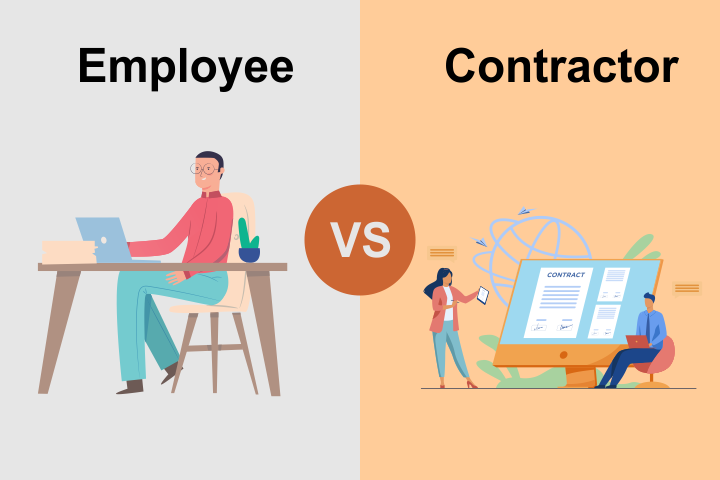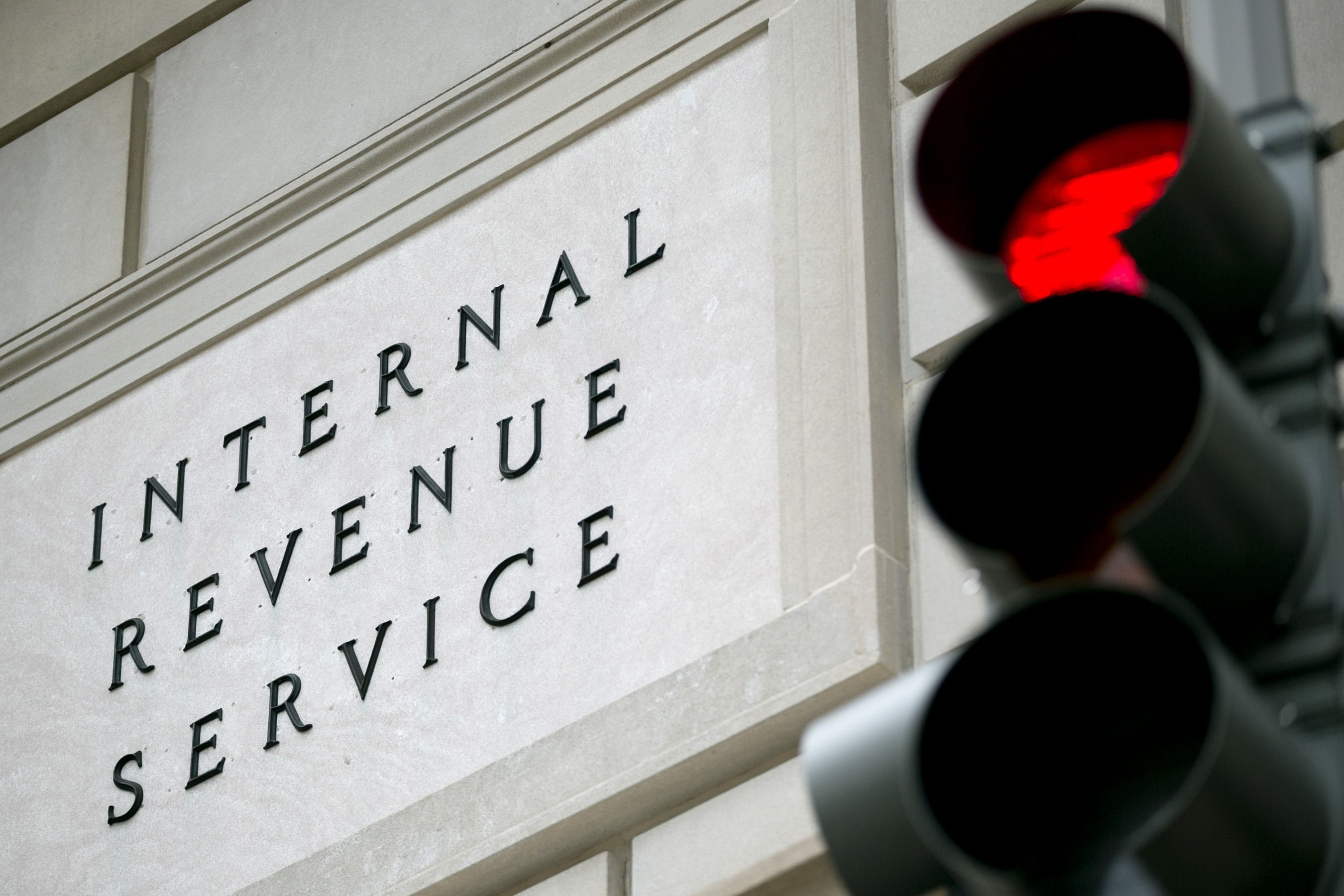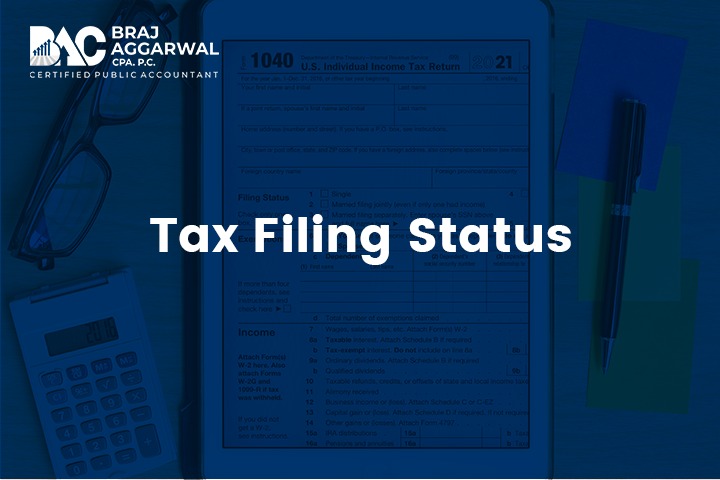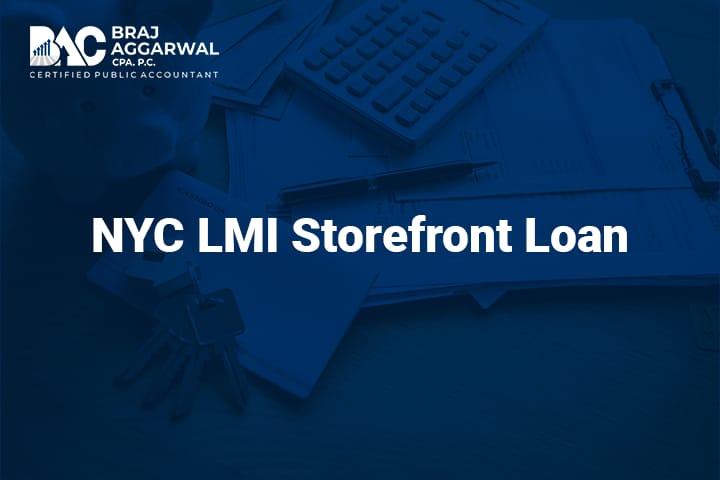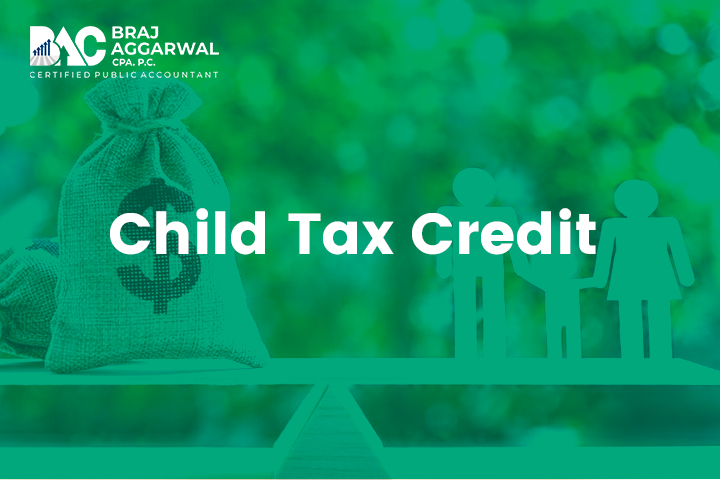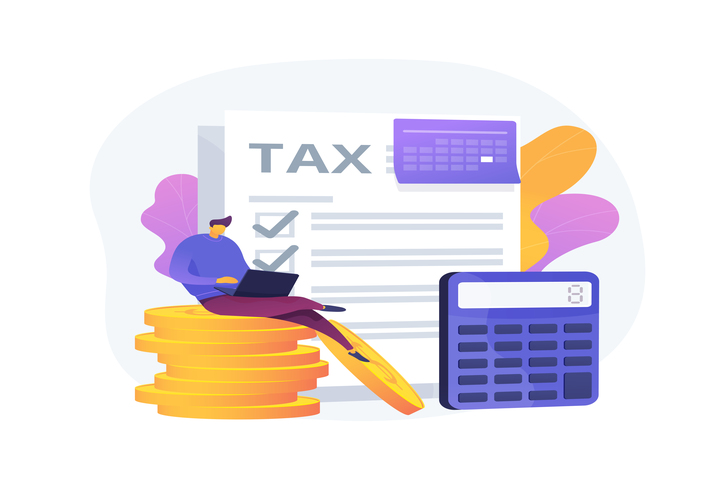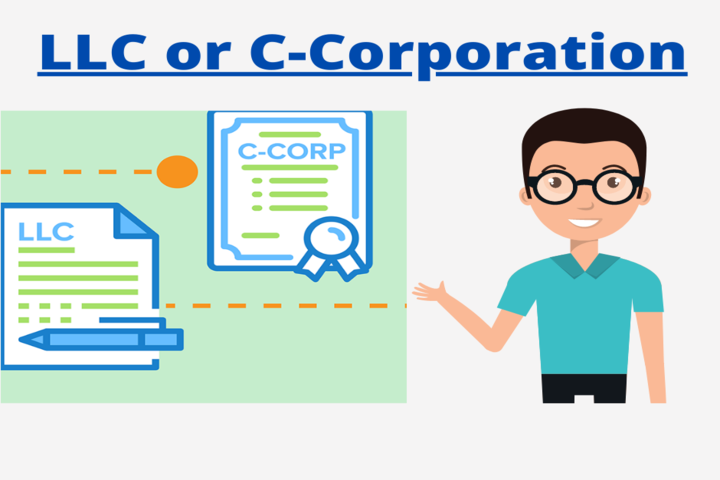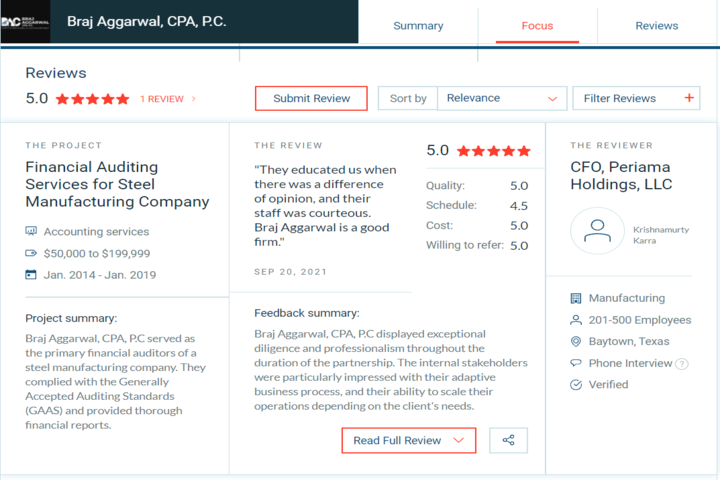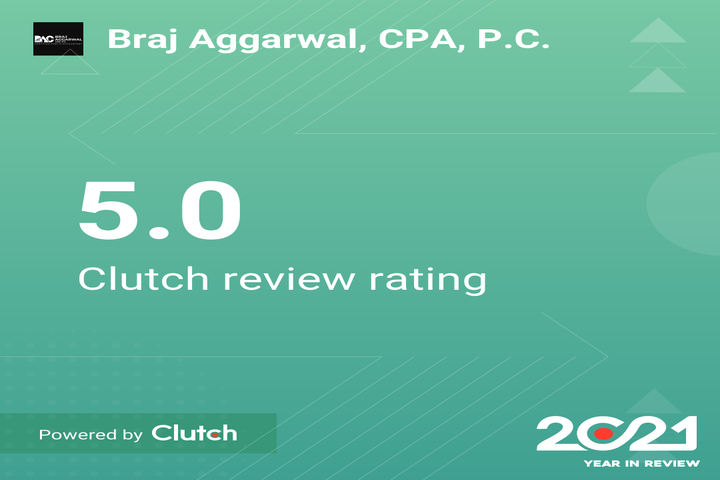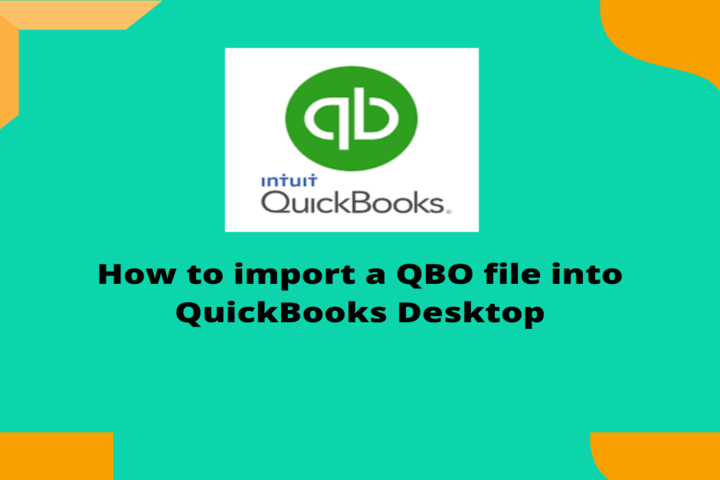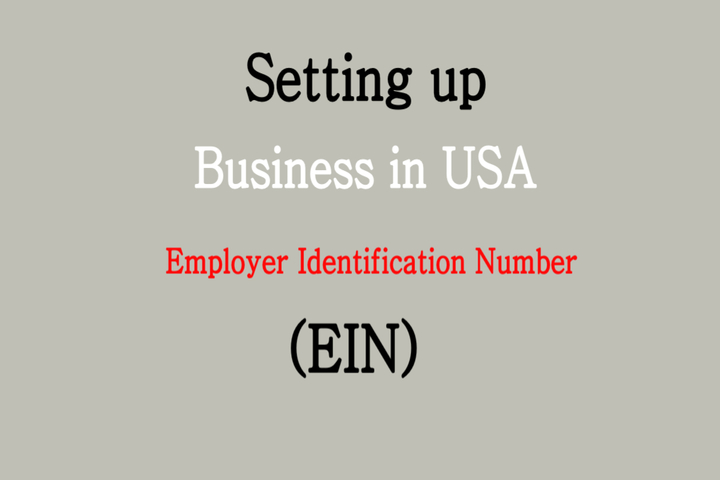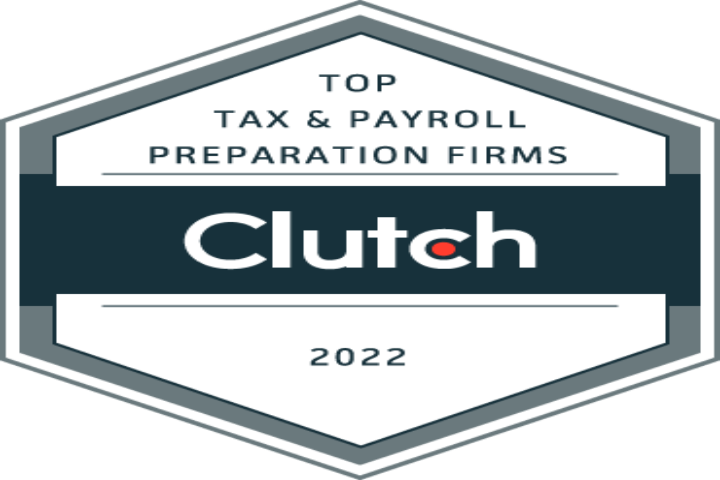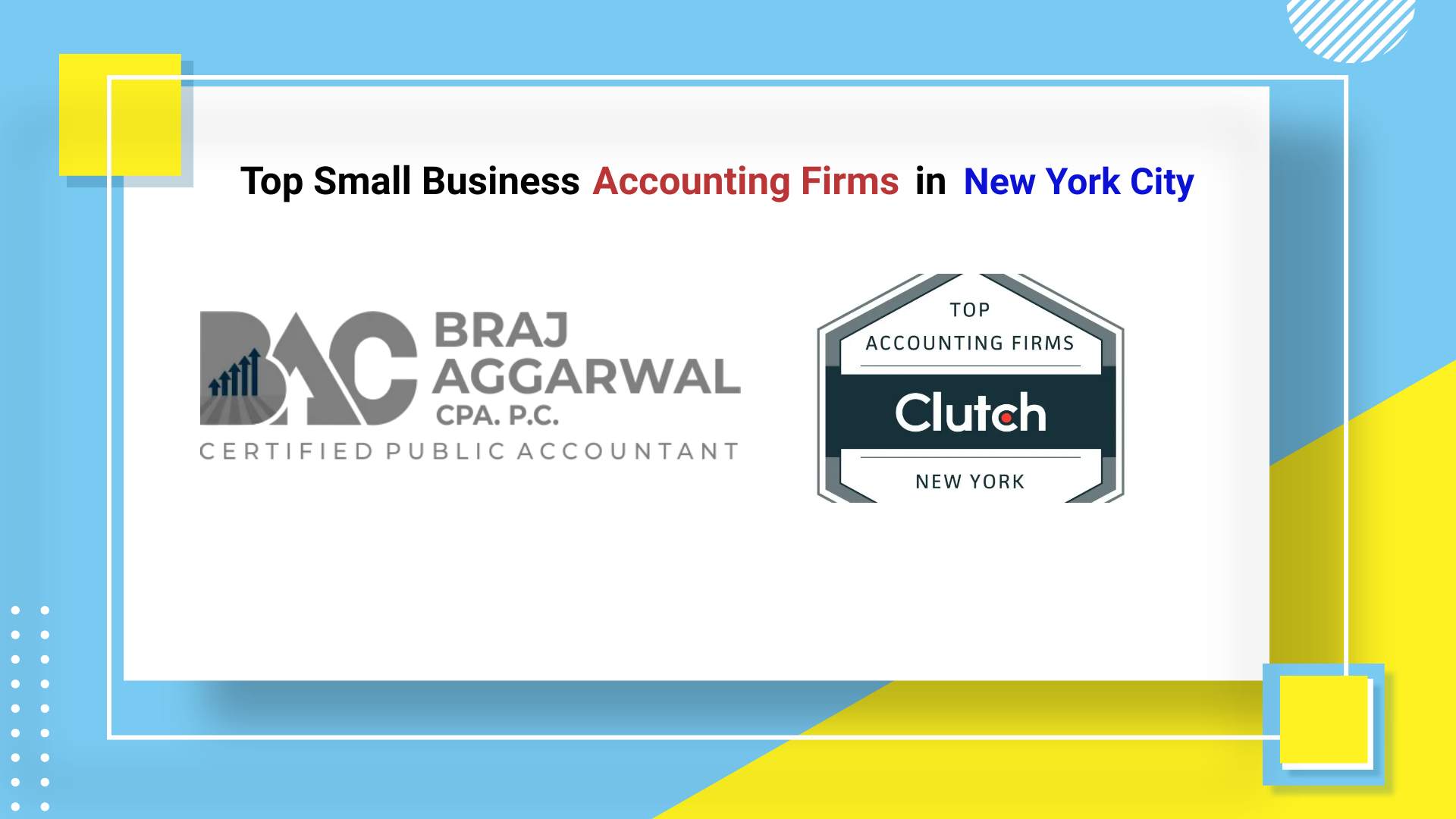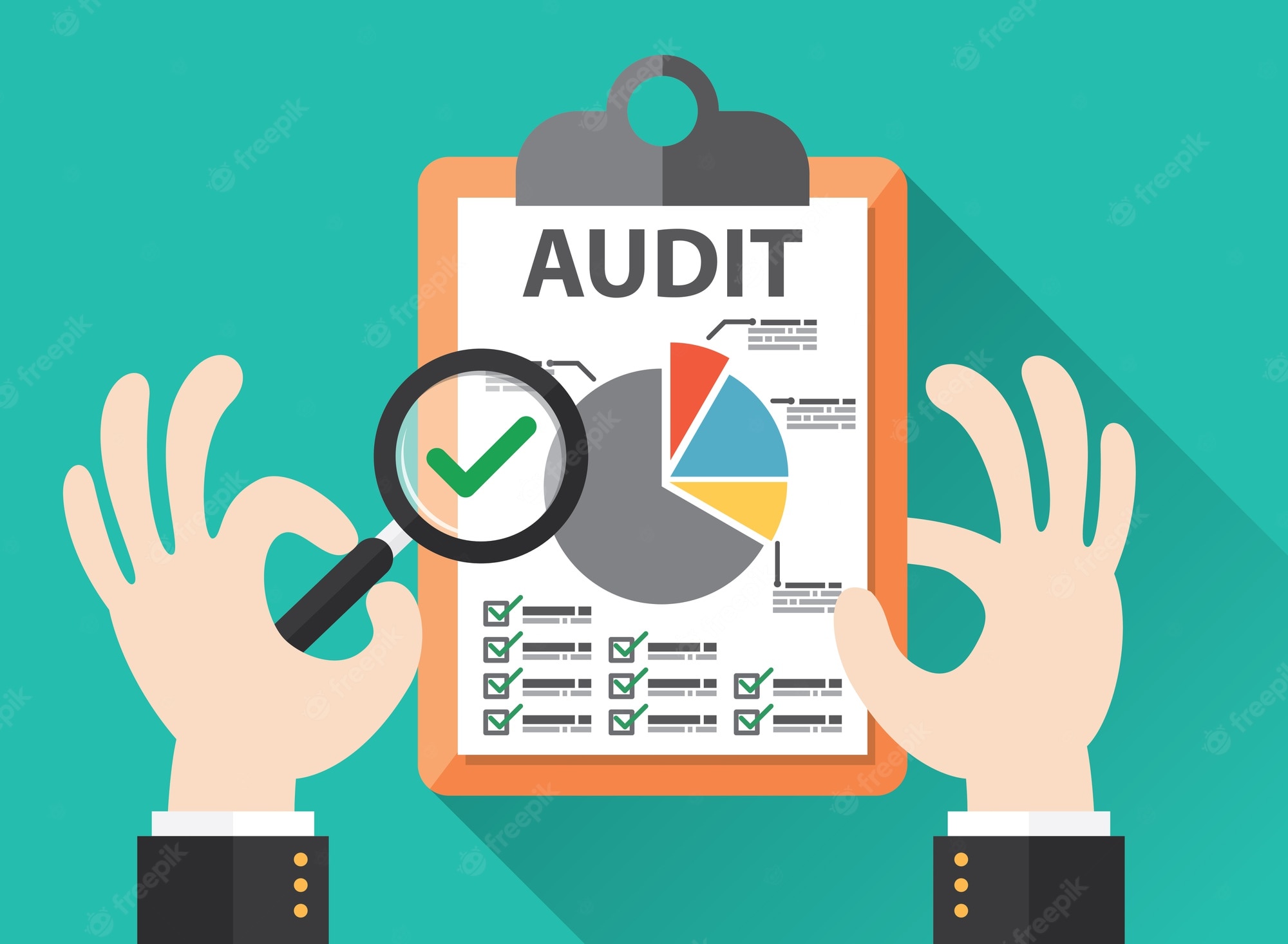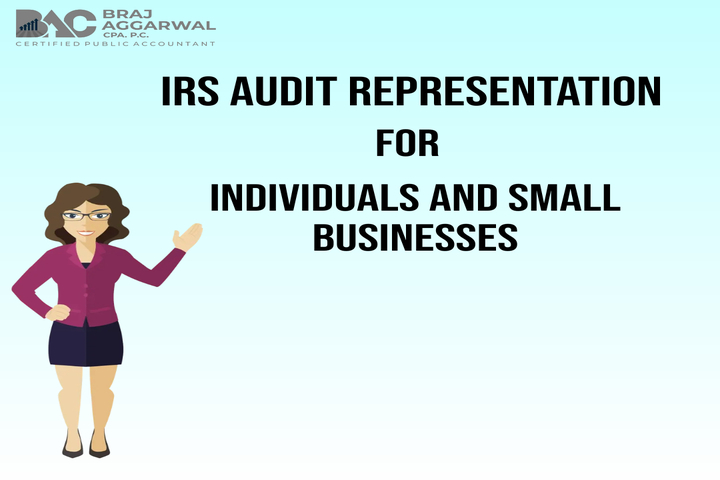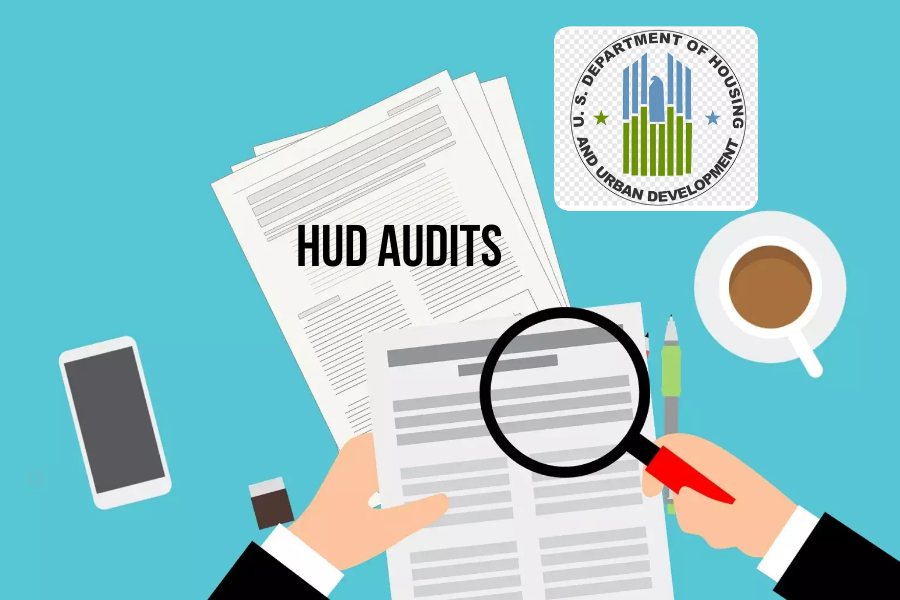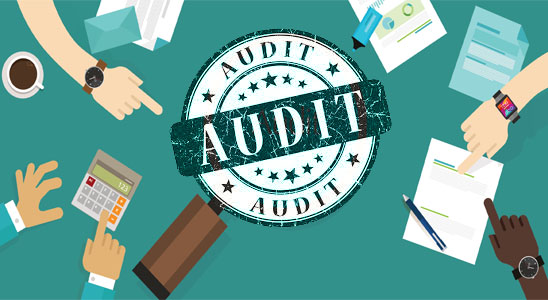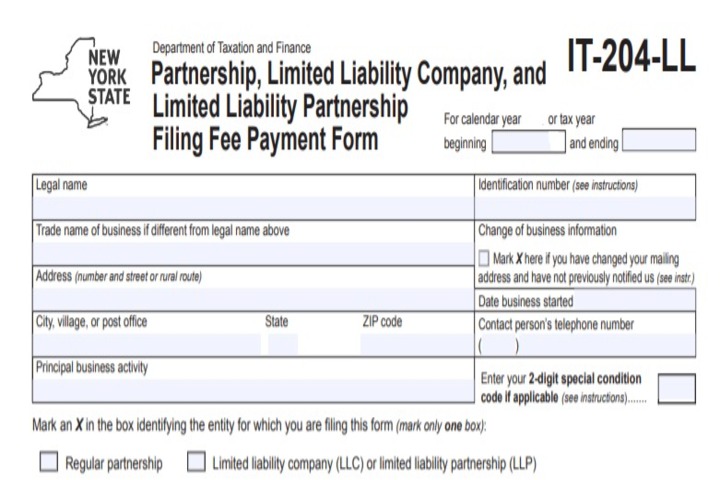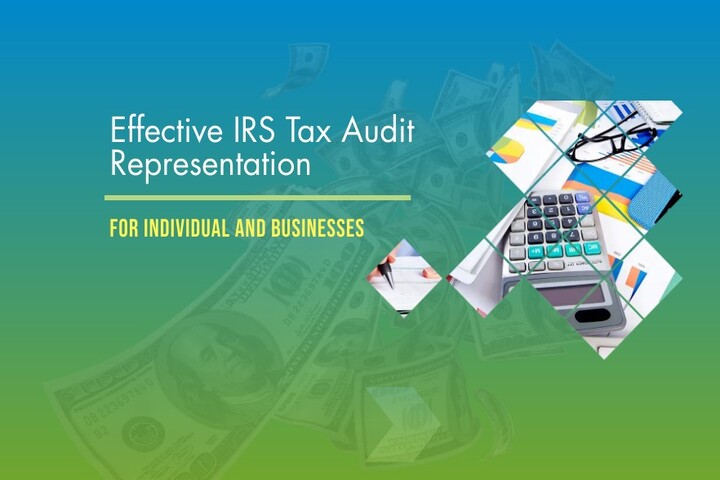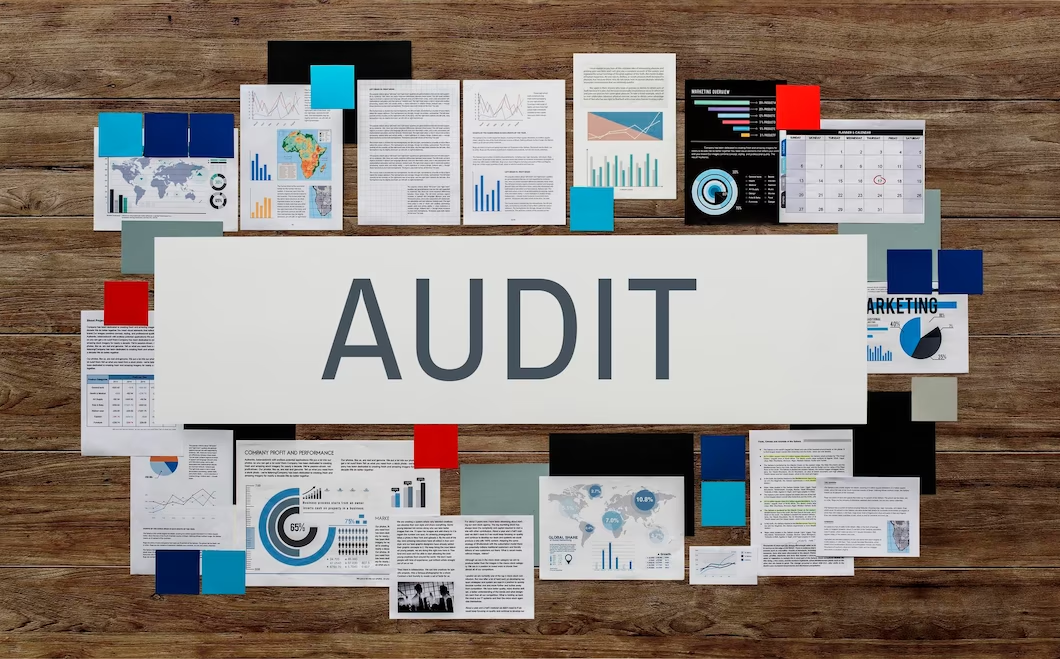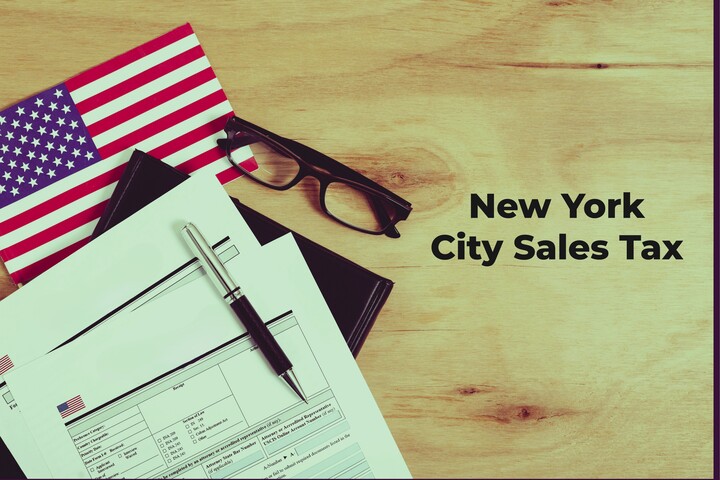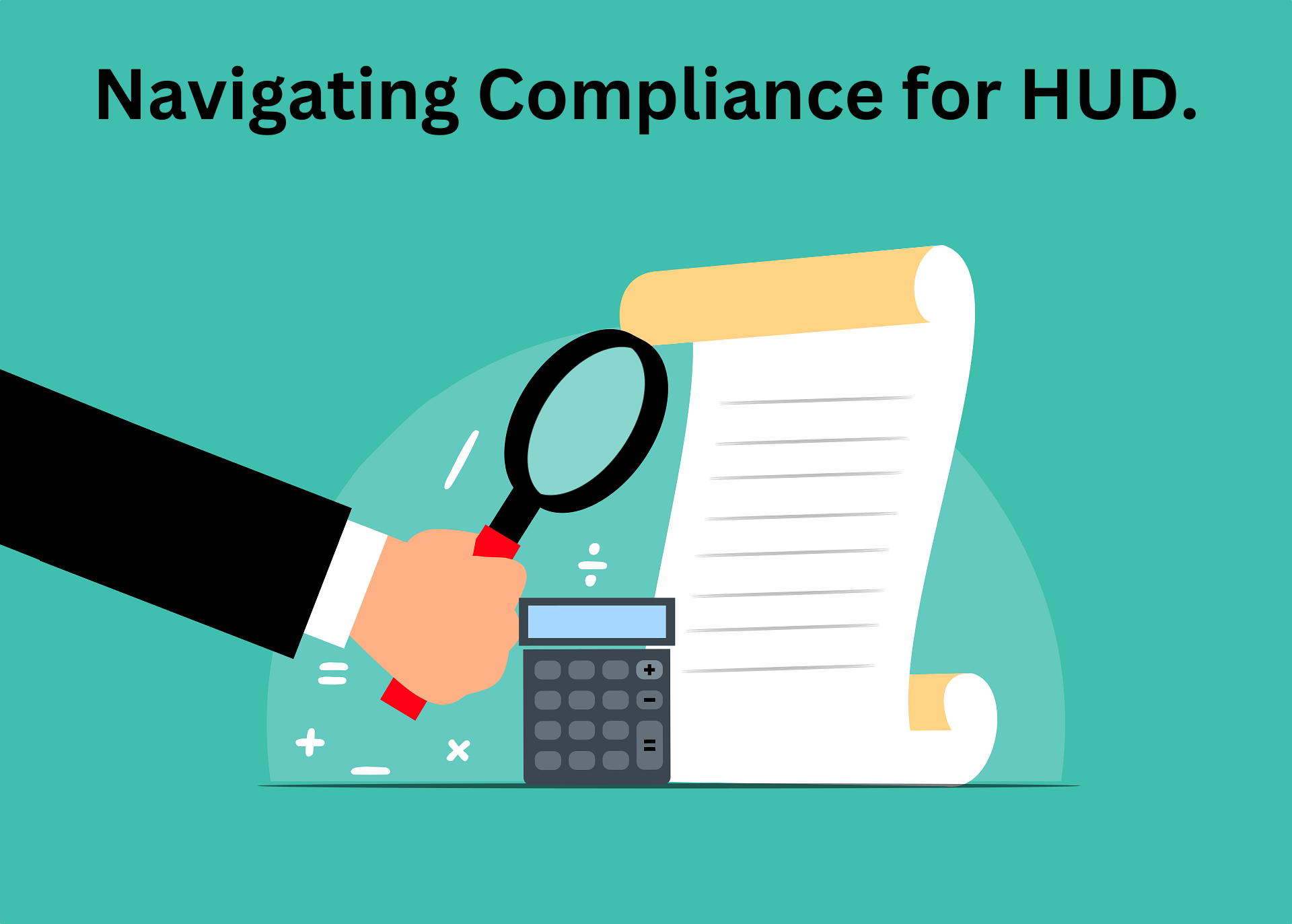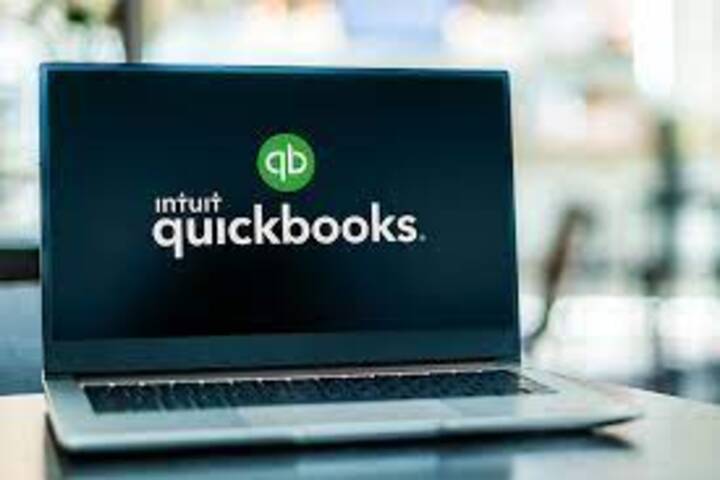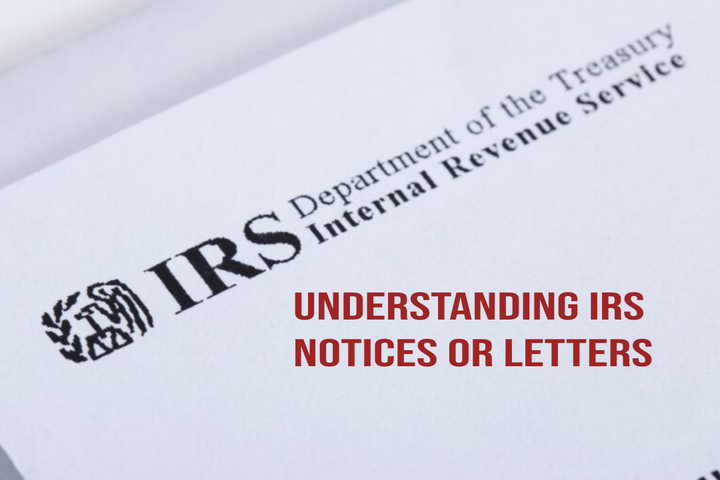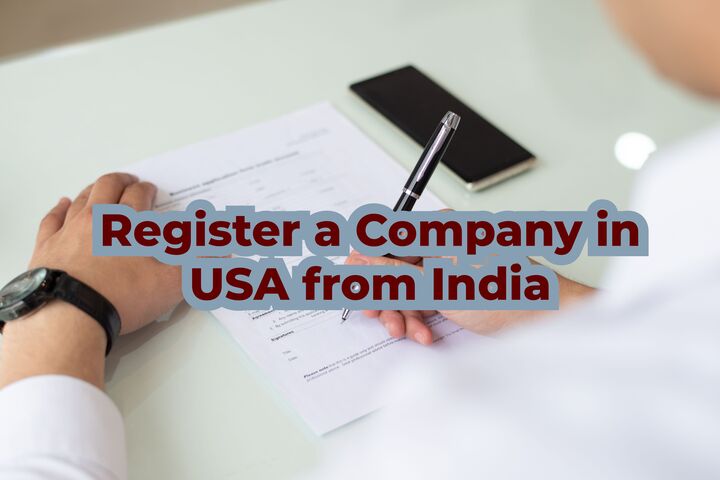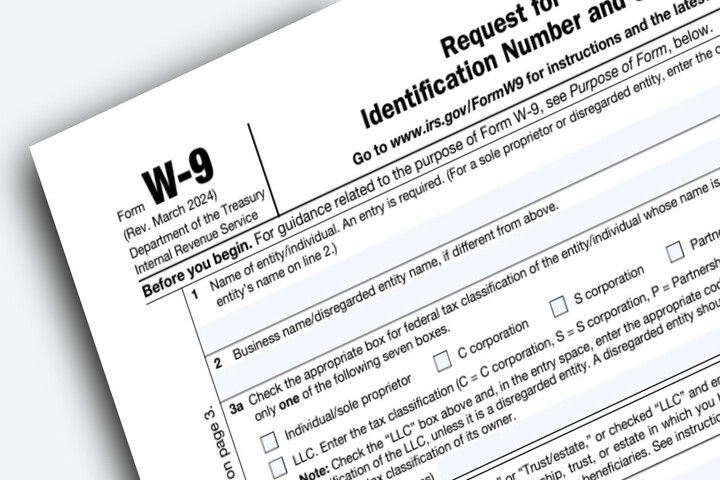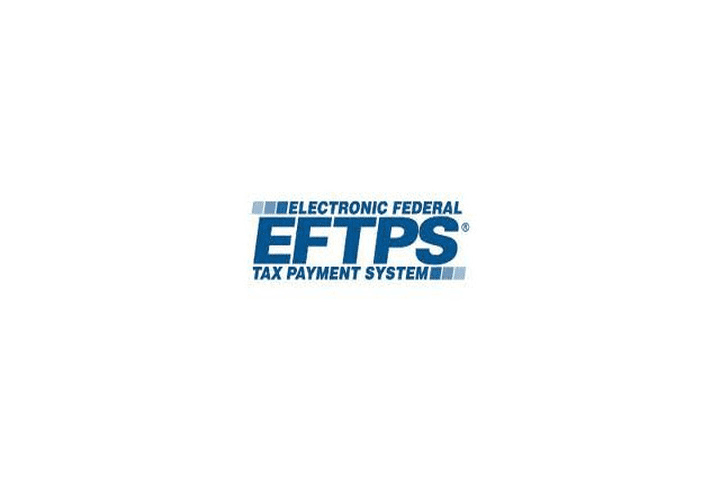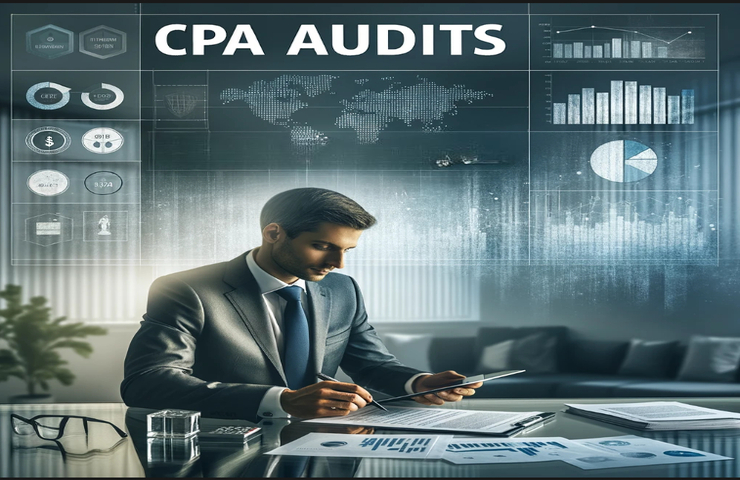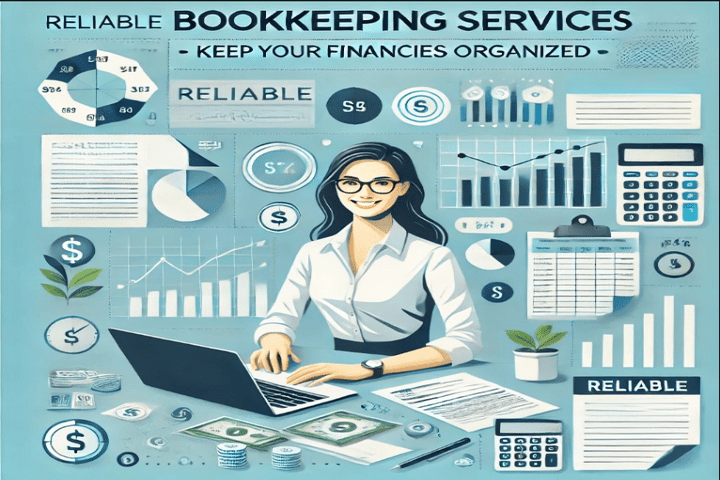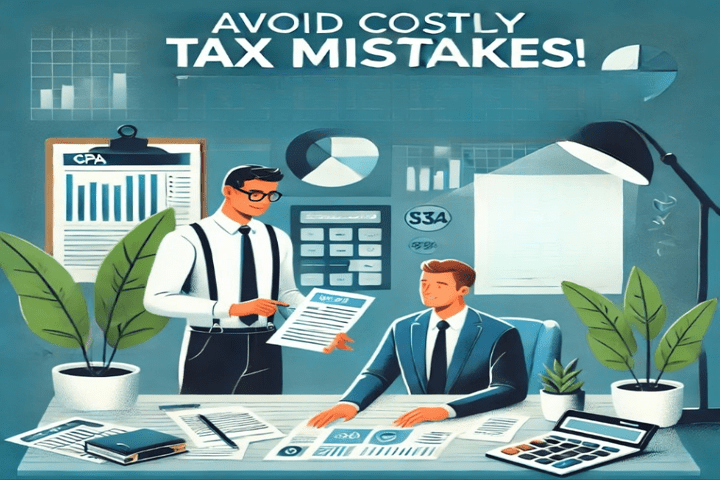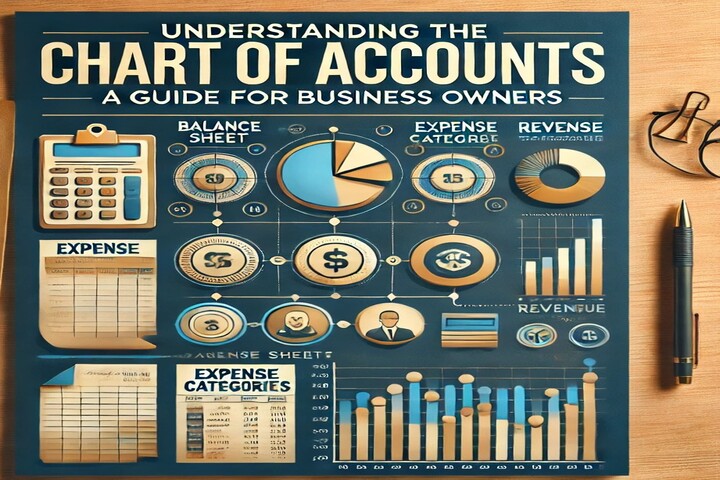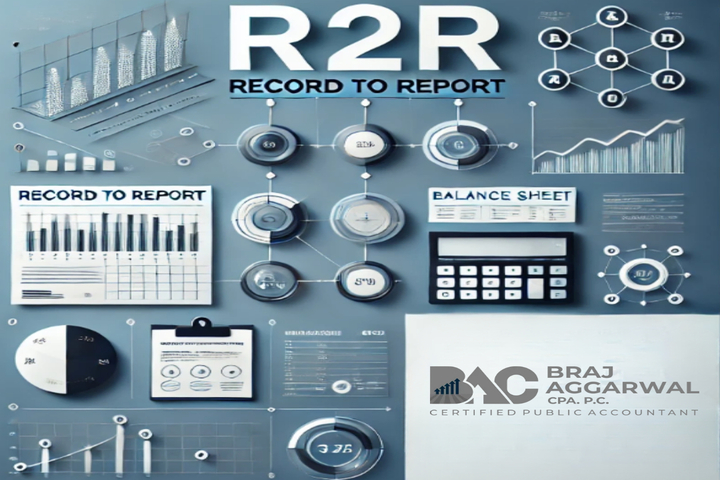Beneficial Ownership Information Reporting Requirements
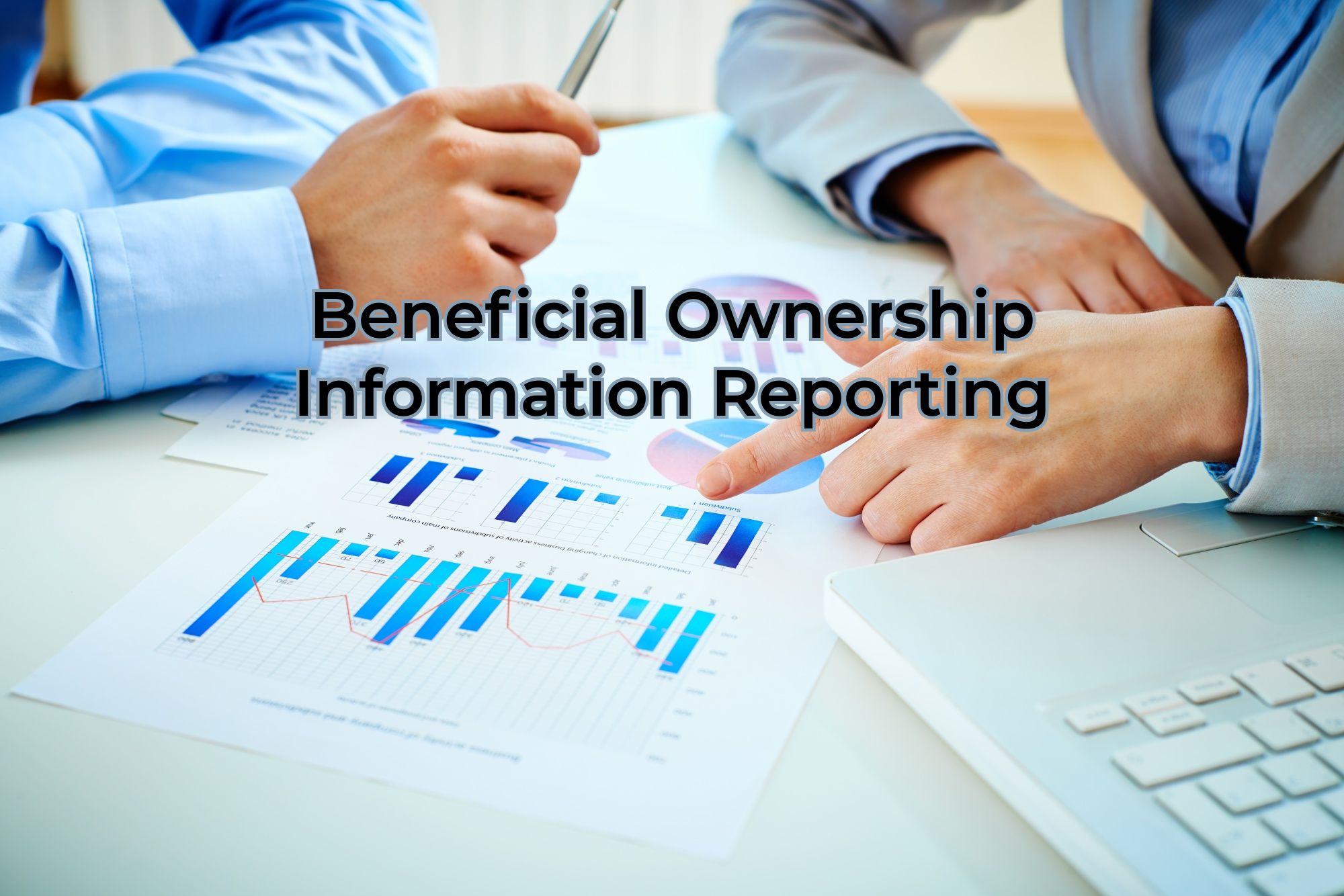
The Reporting Rule requires certain entities to file beneficial ownership information (BOI) reports to FinCEN. Reports contain information about the entity itself and two categories of individuals:
1. Beneficial owners
2. Company applicants
The initial BOI report and all updates and corrections are filed electronically with FinCEN through a system that will be available via FinCEN’s website. There is no fee for filing the reports. There is no annual reporting requirement. Reporting companies must file an initial BOI report and updated or corrected BOI reports as needed.
Check the FAQs at this link: https://www.fincen.gov/boi-faqs#B_1
A. Who has to file?
A Reporting Company is an entity that is required to file a Beneficial Ownership Information report because it meets the definition of either a domestic reporting company or a foreign reporting company.
Domestic reporting company:
Any entity that is a corporation, a limited liability company, or is created by filing a document with a Secretary of State or similar office under the law of a state or Indian tribe and that does not qualify for an exemption.
Foreign reporting company:
Any entity that is a corporation, a limited liability company, or other entity formed under the law of a foreign country and registered to do business in any state or tribal jurisdiction by the filing of a document with a Secretary of State or similar office under the law of a state or Indian tribe and that does not qualify for an exemption.
B. When to file?
A domestic reporting company created before January 1, 2024 must file its initial BOI report by January 1, 2025.
A domestic reporting company created on or after January 1, 2024 and before January 1, 2025 must file a report within 90 calendar days of the date on which it receives actual or public notice that its creation has become effective.
A domestic reporting company created on or after January 1, 2025 must file a report within 30 calendar days of the date on which it receives actual or public notice that its creation has become effective.
Note: If there is any change in the information reported about the reporting company or its beneficial owners, the reporting company must file an updated report within 30 calendar days after the date on which the change occurs. This includes a change in who the beneficial owners are and if the reporting company becomes eligible for an exemption. There is no requirement for a reporting company to update information about the company applicant.
If a report was inaccurate when filed, a corrected report must be filed within 30 calendar days after the reporting company becomes aware of or has reason to know of the inaccuracy.
Penalty for non-compliance: The willful failure to report complete or updated beneficial ownership information to FinCEN, or the willful provision of or attempt to provide false or fraudulent beneficial ownership information may result in a civil or criminal penalties, including civil penalties of up to $500 for each day that the violation continues, or criminal penalties including imprisonment for up to two years and/or a fine of up to $10,000. Senior officers of an entity that fails to file a required BOI report may be held accountable for that failure.
C. Details to be requested/confirmed from client:
I. Reporting company’s details:
(1) full legal name
(2) any trade or “doing business as (DBA)” names
(3) complete current street address of the principal place of business. If the Principal place of business is not in the U.S., then the company will report the address from where it conducts business in the U.S. (The reporting company address must be a U.S. Street address and cannot be a P.O. box.)
(4) jurisdiction of incorporation or formation (the state or country)
(5) taxpayer identification number.
II. Beneficial Owners details for each beneficial owner
A beneficial owner is an individual who, directly or indirectly, either exercises substantial control over the reporting company OR owns or controls at least 25 percent of its ownership interests.
An individual exercises substantial control over a reporting company if the individual meets any of four general criteria: (1) the individual is a senior officer; (2) the individual has authority to appoint or remove certain officers or a majority of directors of the reporting company; (3) the individual is an important decision-maker; or (4) the individual has any other form of substantial control over the reporting company.
(1) full legal name
(2) date of birth
(3) complete current residential street address (except in the case of a company applicant who forms or registers an entity in the course of the company applicant’s business, who has to provide the street address of the business)
(4) unique identifying number and the issuing jurisdiction from either a current (i) U.S. passport, (ii) state or local ID document, (iii) driver’s license, or (iv) if the individual has none of those, a foreign passport i.e all documents must be non-expired.
(5) an image of the document from which the unique identifying number was obtained.
(6) US residency/Visa Status
(7) Country of which they are citizen
(8) Country in which they file tax return as resident
(9) Their business/occupation with brief details
Example 1: The reporting company is a limited liability company (LLC). Individual A is the sole owner and president of the company and makes important decisions for the company. No one else owns or controls ownership interests in the company or exercises substantial control over the company. – Individual A is a beneficial owner.
Example 2: The reporting company is a corporation. The company’s total outstanding ownership interests are shares of stock. Three people (Individuals A, B, and C) own 50 percent, 40 percent, and 10 percent of the stock, respectively, and one other person (Individual D) acts as the president, for the company, but does not own any stock. – Individuals A, B and D are beneficial owners. Individual C neither owns 25% or more of ownership interests nor is a senior officer of the company and does not directly or indirectly exercise any substantial control over the company. In case Individual C was a manager, president, board member, director, CEO, CFO or likewise senior officer, then he will also be considered as beneficial owner.
Example 3: A reporting company is a corporation with multiple indirect owners through Company Y and Company Z. Company Y and Z own 50% of stock each of the reporting company. Individual A is the CFO and owns 30% of Stock of Company Y and is also the CFO and owns 25% of Company Z. Individual B owns remaining 70% of stock of Company Y. Individual C is the CFO & President and owns 25% of stock of Company Z, Individual D owns 25% of stock of Company Z and Individual E owns remaining 25% of stock of Company Z. Individual F directs important decision through board representation in reporting company, company Y and company Z but does not own any stock in any of the companies. - Individuals A, B, C and F are beneficial owners. Individual A is the reporting company’s Chief Financial Officer and is therefore a senior officer. Individual A also indirectly owns 27.5 percent of the reporting company’s stock through direct ownership of Company Y and Company Z, which each own 50 percent of the reporting company’s stock. Individual B indirectly owns 35 percent of the reporting company’s stock Individual B is a beneficial owner by owning or controlling 25 percent or more of the reporting company’s ownership interests. Individual C is the reporting company’s Chief Executive Officer and president and is therefore a senior officer who exercises substantial control. Individual C indirectly owns 12.5 percent of the reporting company’s stock. Individual C’s ownership interests in the reporting company do not make Individual C a beneficial owner, but Individual C is nevertheless a beneficial owner because Individual C exercises substantial control over the reporting company.
Similar to Individual C, Individuals D and E own 25 percent of Company Z’s stock, and each therefore indirectly owns 12.5 percent of the reporting company’s stock. In contrast to Individual C, Individuals D and E do not exercise substantial control over the reporting company. Individuals D and E are not beneficial owners.
Individual F is on the company’s board of directors and makes important decisions on the reporting company’s behalf, thereby exercising substantial control over it. Individual F does not own or control any stock in the reporting company. Individual F is therefore a beneficial owner by exercising substantial control over the reporting company, but not through holding ownership interests in it.
III. Company applicant details
A company applicant is the individual who directly files the document that creates the domestic reporting company and the individual who is primarily responsible for directing or controlling the filing if more than one individual is involved in the filing of the document.
Not all reporting companies are required to report their company applicants to FinCEN. A reporting company is only required to report its company applicants if it is either a:
• domestic reporting company created on or after January 1, 2024; or
• foreign reporting company first registered to do business in the United States on or after January 1, 2024.
Details required are same as that of beneficial owner.
Example of company Applicant
Scenario 1: Consider an attorney who completes a company creation document using information provided by a client, and then sends the document to a corporate service provider for filing with a secretary of state. In this example:
- The attorney is the company applicant who is primarily responsible for directing or controlling the filing because they prepared the creation document and directed the corporate service provider to file it.
- The individual at the corporate service provider is the company applicant who directly filed the document with the secretary of state.
Scenario 2: If the attorney instructs a paralegal to complete the preparation of the creation document, rather than doing so themself, before directing the corporate service provider to file the document, the outcome remains the same: the attorney and the individual at the corporate service provider who files the document are company applicants. The paralegal is not a company applicant because the attorney played a greater role than the paralegal in making substantive decisions about the filing of the document.
Scenario 3: If the client who initiated the company creation directly asks the corporate service provider to file the document to create the company, then the client is primarily responsible for directing or controlling the filing, and the client should be reported as a company applicant, along with the individual at the corporate service provider who files the document.
Some Companies which are exempt from the Reporting Requirement.
These entities include publicly traded companies i.e listed companies meeting specified requirements, many non-profits, and certain large operating companies.
| Exemption No. | Exemption Short Title |
|---|---|
| 1 | Securities reporting issuer |
| 2 | Governmental authority |
| 3 | Bank |
| 4 | Credit union |
| 5 | Depository institution holding company |
| 6 | Money services business |
| 7 | Broker or dealer in securities |
| 8 | Securities exchange or clearing agency |
| 9 | Other Exchange Act registered entity |
| 10 | Investment company or investment adviser |
| 11 | Venture capital fund adviser |
| 12 | Insurance company |
| 13 | State-licensed insurance producer |
| 14 | Commodity Exchange Act registered entity |
| 15 | Accounting firm |
| 16 | Public utility |
*Large Operating Entities is the entity having more than 20 employees are exempt from reporting requirement.
*Subsidiary of certain exempt Entity means 100% owned or controlled by an exempt entity i.e all of the ownership interest of the subsidiary is controlled by an exempt entity.
File BOI on the given link
https://boiefiling.fincen.gov/fileboir
Select online BOIR-Prepare & Submit BOIR
Don't let the new CTA regulations stress you out!
Don't wait until the deadline looms! Contact us today, Our team of expert CPAs at Braj Aggarwal, CPA P.C can help you navigate the complexities of BOI reporting with ease and let's ensure your company stays compliant with the new BOI regulations.


